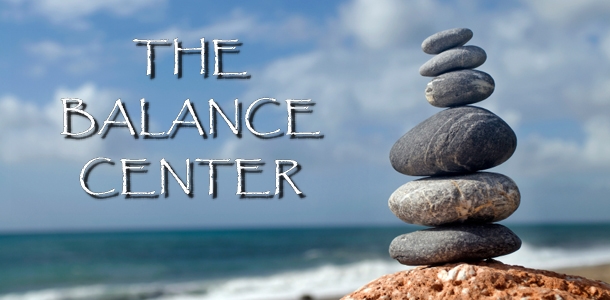Do you belong to the Procrastination Club?
- 22
- January
- 2020
We’ve intended to write about procrastination for some time but we kept putting it off. There, now we admit it! We’re part of the 95% of Americans who belong to the procrastination club because, at times, we all procrastinate about something.
Are you part of this club, too? If so, you probably realize that procrastination can produce some significant stress.
Goethe said, ‘Hell begins the day God grants you the vision to see all that you could have done, should have done and would have done, but did not do.”
We certainly have things we could of, should of, and would of done. And yes, we have regrets. We have things we “intended” to do. Some of these things have minor consequences like “I wish I would have cleaned those closets.” Those closets will still be there and can be cleaned in the future.
Some other situations have more significant consequences, such as “I wish I would have visited my beloved family members and friends more.” Unfortunately, sometimes people pass away and then we can only visit them in our memories. Here’s where regrets show up. What regrets do you have as a result of procrastinating?
However, regrets don’t help us move forward in life. You’ve probably heard the saying that “the road to ‘you know where’ is paved with good intentions.” We want to address the “could of, should of, and would of” in our lives. We want to change our “good intentions” into actions so we have fewer regrets. That’s why we decided to look at overcoming procrastination, especially in areas of life that are most important.
We can learn from the past, but it does no good to beat ourselves up with guilt. Jim Rohn said, “We must all suffer from one of two pains: the pain of discipline or the pain of regret. The difference is discipline weighs ounces while regret weighs tons.” If you want to get past procrastination and gain more discipline, we hope you’ll join us on this journey as we learn more about procrastination.
Robert Hardy, PhD, eliminating self-defeating behavior expert, points out that it’s important to separate the person from the behavior. We are people who sometimes choose the self-defeating behavior of procrastination. Instead, we can replace procrastination with behaviors, such as discipline, that are helpful to us.
So, why do we procrastinate? We all can probably find several reasons. Often we procrastinate because we think it’s easier to avoid doing something than it is to do it. It may seem overwhelming. Small tasks left undone feel like big mountains. Sometimes there are too many important tasks that compete for a limited amount of time. Also, we may feel we lack the knowledge or resources to complete tasks. These rationalizations are not insurmountable.
A colleague of ours, Jeff Herring, says that we tell ourselves “rational lies” and call it rationalizing. Rationalizing sometimes keeps us from taking action to complete challenging tasks. We link more pain to doing something than to putting it off. Actually we need to reframe how we view a task so putting it off is more painful and doing it provides pleasure.
Here are some strategies to help stop procrastinating and start getting things done.
Brian Tracy has a book, Eat That Frog. The title refers to Mark Twain’s thought that if you eat a live frog first thing in the morning, nothing worse will happen to you the rest of the day. Yuk! No live frogs for us! But doing the worst task first certainly can make the rest of the day seem easier.
“Starting is half-finished” is a saying you may have heard. It’s a favorite of parents and teachers. When you get started, it will encourage you to finish. Also, chunking down a big task can be helpful. For example, if you’re weeding a large garden, complete it in sections so you can see progress.
If there’s something you must get done, taking at least one step toward completion of it before bedtime helps you realize you are on the road to getting it accomplished. It also helps you to face the task in the morning with more confidence.
What about you? Do you want to stop procrastinating? We hope the ideas we’ve shared will be helpful to overcome procrastination. Remember, small actions are better than great intentions. Tackling the hardest task first provides motivation and momentum to complete the rest. As you overcome procrastination, your life will be less stressful and more peaceful – you might even lose your membership in the Procrastination Club!
Chanhassen MN residents, Doug and Lynn Nodland are success coaches and owners of The Balance Center in Excelsior. Contact them at WeCare@TheBalanceCenter.com
© Doug and Lynn Nodland 2020 Articles and videos may be shared in their entirety with attribution.
Search:
Categories
Archives
- April 2024
- March 2024
- February 2024
- January 2024
- December 2023
- November 2023
- October 2023
- September 2023
- August 2023
- July 2023
- June 2023
- May 2023
- April 2023
- March 2023
- May 2021
- April 2021
- March 2021
- February 2021
- January 2021
- December 2020
- November 2020
- October 2020
- September 2020
- August 2020
- July 2020
- June 2020
- May 2020
- April 2020
- March 2020
- February 2020
- January 2020
- December 2019
- November 2019
Contact Us
Doug Nodland J.D.
684 Excelsior Boulevard
Suite 120
Excelsior, MN 55331
952-452-2664
WeCare@TheBalanceCenter.com

